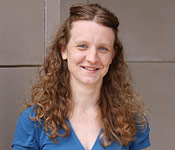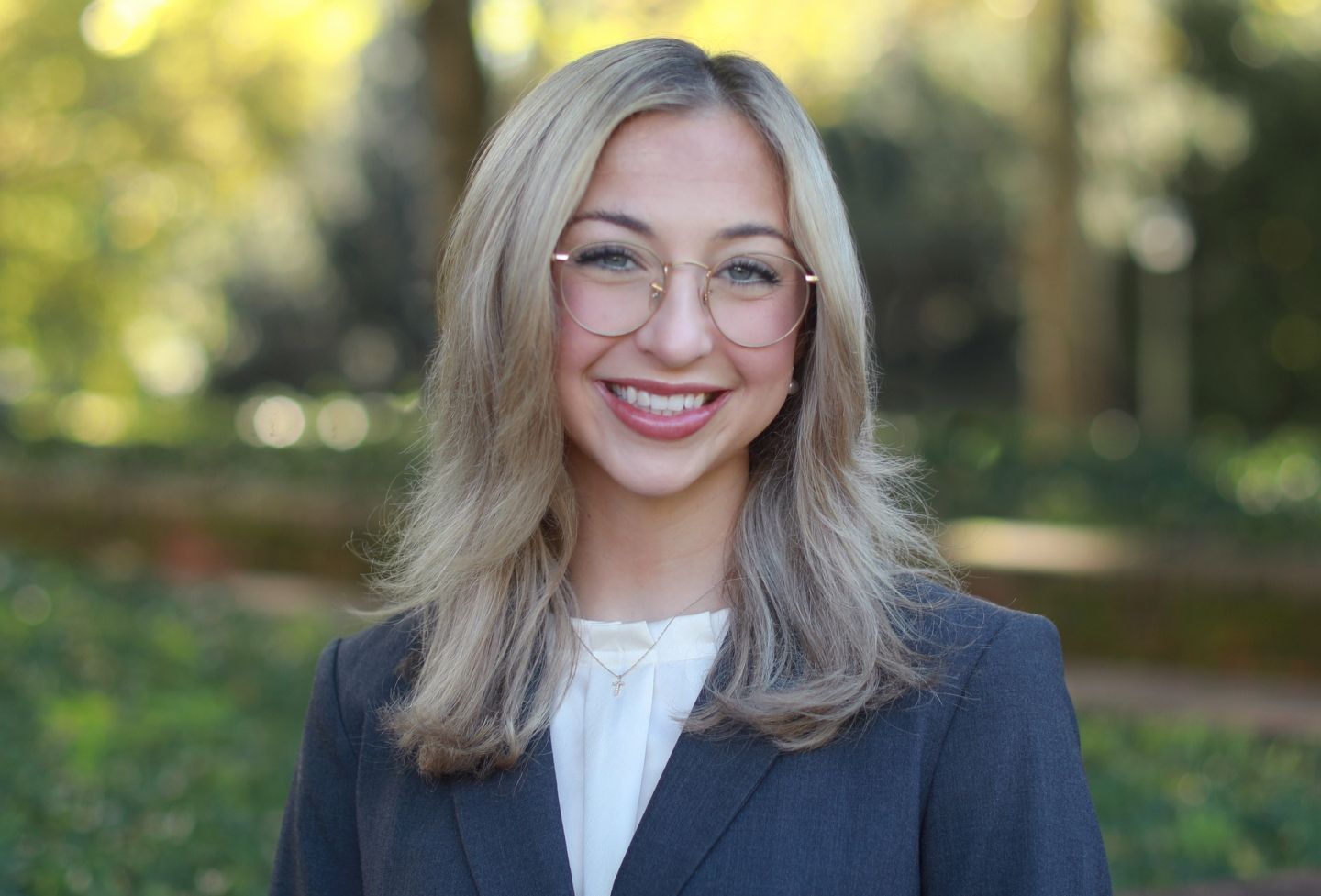Students at the University of Virginia School of Law are helping women in rural Guatemala understand their rights through a partnership with a human rights advocacy group founded by a UVA Law graduate.
Launched and directed by Kate Flatley '08, the Women's Justice Initiative is focused on teaching indigenous women about their rights in a country that has startling rates of gender-based violence and gender inequality, according to U.N. reports.
Second-year law student Sadie Gardner contributed to the first workshop module, or lesson plan, for the initiative. Gardner, who was a research assistant to International Human Rights Law Clinic Director Deena Hurwitz, spent much of her summer writing the workshop on women's rights, which was paired with a general human rights training written by the clinic in the spring.
The initiative started using Gardner's module this summer as part of its yearlong Community Legal Advocates Program, which trains Guatemalan women to become community leaders, human rights educators and mentors to their peers.
"These initial trainings are intended to familiarize the women with the concepts of human rights, what mechanisms are available to protect them, and how they can work to realize these rights within their communities," Gardner said.
The International Human Rights Law Clinic is also preparing more training modules. Clinic students Mariah Thompson '14 and Julia Lacovara '14 are contributing to a module on gender-based violence, and LL.M. student Ana Maria Olguin '13 and Melissa Reilly-Diakun '14 are contributing to a module on property and inheritance rights. The students plan to travel to Guatemala to observe the training in action in November.

Gardner saw the first group of women receive the training in August. The women who took the course came from five communities in the municipality of Patzun.
"It was rewarding to see something I had spent so much time developing put into action, but it was even more exciting to see the participants engaged in the topics — making a concerted effort to learn the material and contributing to discussions about how it applied to their lives," Gardner said.
Gardner said the project required extensive research on Guatemalan law, history, politics and culture.
Flatley said women in Guatemala rank significantly lower than men in life expectancy, health, education and literacy — inequalities that directly correlate with the extreme rate of violence against women in the country. The United Nations estimates that 45 percent of Guatemalan women are victims of gender-based violence — the highest rate in Latin America and one of the highest rates in the world.
"Levels of gender inequality and gender-based violence are particularly high among rural indigenous women," Flatley said. "That's due in large part to the fact that they are socially isolated and have limited access to resources. Social services are concentrated in Guatemala's cities and rarely reach indigenous women living in rural areas."
Hurwitz and Flatley praised Gardner for making the difficult subject matter accessible.
"Creating trainings for people with little formal education, and no positive experience with the law — domestic or international — is very challenging," Hurwitz said. "How do you convey complex principles and strategies without being overly simplistic or patronizing? Sadie found the right balance."
Flatley added that she was impressed with Gardner's ability to develop training that resonated with the participants. "Sadie did a tremendous job presenting the concepts in a real and meaningful way that allowed the women to understand how they can realize their rights on a local level," she said.
Hurwitz said Flatley's experience as a former clinic student and her years of work in Guatemala "make her an especially sensitive partner for law students."
"We are fortunate that students are able to work with Kate's organization and observe the trainings they are developing now," Hurwitz said.
Founded in 1819, the University of Virginia School of Law is the second-oldest continuously operating law school in the nation. Consistently ranked among the top law schools, Virginia is a world-renowned training ground for distinguished lawyers and public servants, instilling in them a commitment to leadership, integrity and community service.


